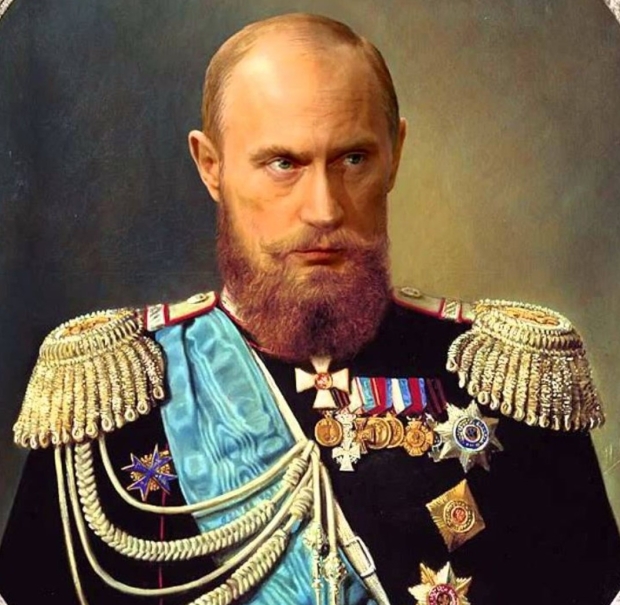This practically means that it is not ok to call for the death of Tsar and Autocrat of all Great and Little and White Russia, Moscow, Kiev, Vladimir, and Novgorod, Tsar of Kazan, Tsar of Astrakhan, Tsar of Siberia, the Gosudar’ of Pskov and Grand Prince of Tver, Ugra, Perm’, Vyatka, Bolgar and others, the Gosudar’ and Grand Prince of Novgorod of the Lower lands, Chernigov, Ryazan’, Rostov, Yaroslavl, Beloozero, Udorsky land, Obdorsk, Kondia and the Master of all the Northern countries, and the Gosudar’ of the Iberia, Kartli, and the Georgian Tsars, of the Circassian and Mountainous Princes, and of many other States and Lands of the East and West, and the North, the Father and the Grandfather, and Heir, and the Gosudar’ and Possessor, Vladimir Putin.
Last week, Facebook temporarily relaxed its policies so that Ukrainian users could post threats of violence against the Russian military, which invaded its neighbour in late February. It is now in the process of using artillery and missiles to level houses, hospitals and then blame Ukraine for its actions. So you would imagine that some Ukrainians might want Tsar Putin as dead as his role model Ivan the Terrible.
The Facebook change led to some public confusion as to what was allowed, and what was not, on Facebook and Instagram and some even suggested it was OK to call for Tsar Putin’s death, rather than suggesting he be dragged before a war crime’s tribunal.
Meta's President of Global Affairs Nick Clegg posted a statement saying the move was aimed at protecting Ukrainian rights and doesn't signal tolerance for "discrimination, harassment or violence towards Russians."
Clegg tried to further explain the company's stance to employees in an internal post. "We are now narrowing the focus to make it explicitly clear in the guidance that it is never to be interpreted as condoning violence against Russians in general," Clegg wrote in the internal post.




